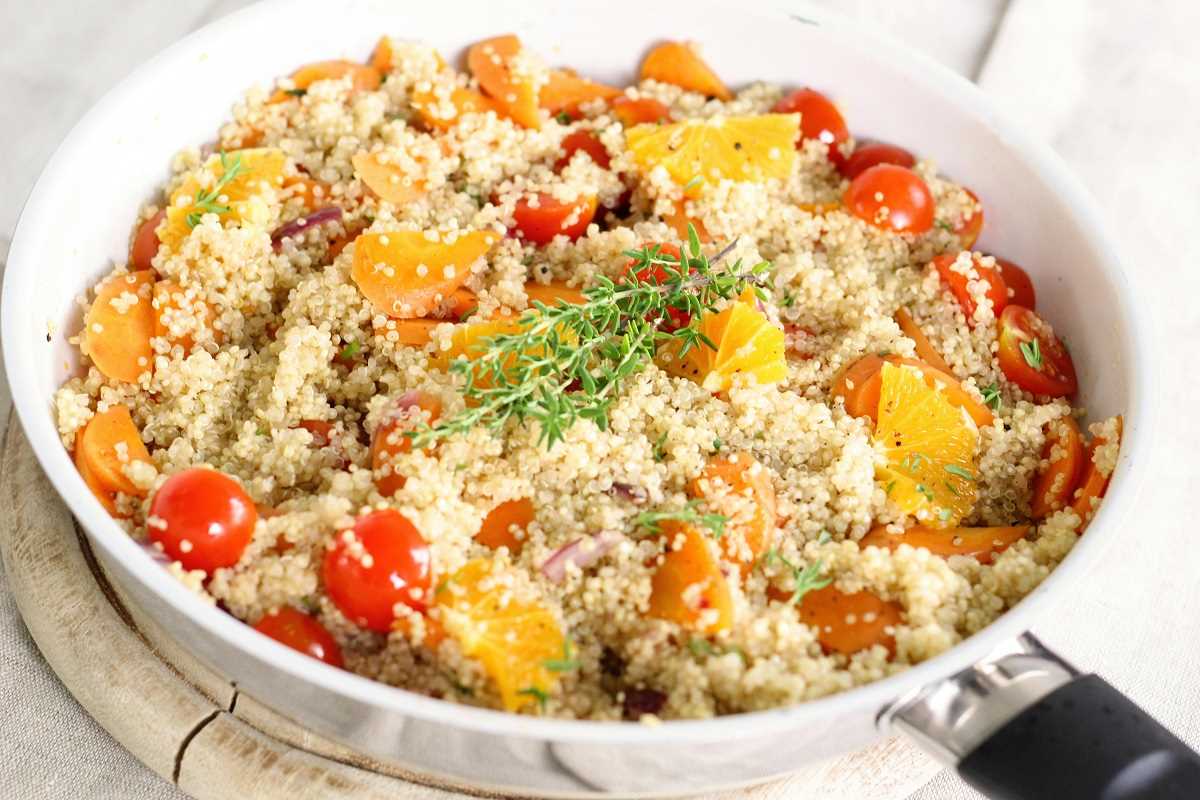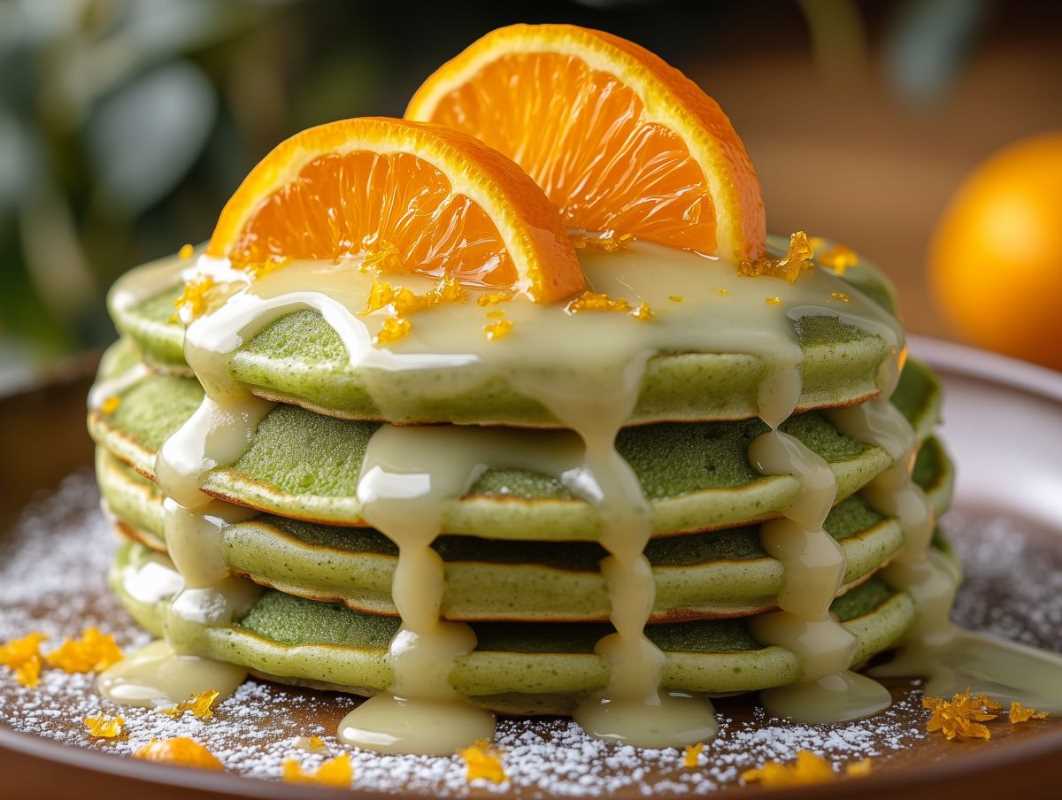Pregnancy is a beautiful, awe-inspiring time—but it's also tiring! Between growing a tiny human, juggling everyday life, and keeping up with endless doctor visits, it’s no wonder you’re feeling worn out. The good news? The foods you eat during pregnancy can work wonders to fuel your energy levels and give your baby the nutrients they need to grow strong and healthy.
Think of these “pregnancy superfoods” as little powerhouses of nutrition designed to support both you and your baby through this amazing journey. Whether you’re looking for healthy snack ideas or tips for meals that hit all the right nutrient notes, we’ve got you covered!
Here’s your guide to pregnancy superfoods—what they are, why they’re so beneficial, and how to make them a delicious part of your daily routine.
Why Superfoods Are Essential During Pregnancy
Your body is working overtime to grow your baby, and that requires a little extra help from key nutrients. Here’s a quick rundown of what makes some foods extra “super” during pregnancy:
- Folate: Crucial for early brain and spinal cord development.
- Iron: Keeps your energy up and helps deliver oxygen to your baby through red blood cells.
- Calcium: Builds strong bones and teeth for your baby while supporting your skeletal health.
- Omega-3s: Fuels brain development and helps reduce inflammation.
- Protein: The building block for your baby’s growing organs and tissues.
By incorporating nutrient-rich foods into your meals, you’re giving your baby the best start—and keeping yourself stronger in the process.
1. Leafy Greens
Packed with vitamins, fiber, and antioxidants, leafy greens like spinach, kale, and Swiss chard are true pregnancy champions. They’re particularly high in folate, iron, and vitamin C, all of which are vital during those nine months.
Why They’re Great:
- Folate supports healthy brain and spinal cord development.
- Iron keeps your energy levels from crashing and fights anemia.
- Vitamin C boosts your immune system and helps your body absorb iron.
How to Use Them:
- Toss spinach into fruit smoothies for a hidden veggie boost.
- Make a hearty kale salad with walnuts, dried cranberries, and a drizzle of olive oil.
- Add chopped greens to soups, omelets, or pasta dishes for extra nutrients without extra effort.
2. Eggs
Eggs are a nutritional all-star, providing nearly every nutrient you and your baby need. They’re a fantastic source of protein, choline (essential for baby’s brain development), and vitamin D. Plus, they’re quick to cook and super versatile—a win-win!
Why They’re Great:
- Protein helps build your baby’s tissues and muscles.
- Choline supports your baby’s memory, learning, and brain health.
- Vitamin D contributes to bone health for both mama and baby.
How to Use Them:
- Start your morning with a spinach and feta omelet.
- Keep hard-boiled eggs in the fridge for an easy snack on busy days.
- Add scrambled eggs to veggie stir-fries or burritos for an extra protein kick.
3. Salmon
Rich in omega-3 fatty acids, salmon is one of the best foods for your baby’s brain and eye development. It’s also loaded with vitamin D and protein, making it a must-have on your pregnancy menu.
Why It’s Great:
- Omega-3s (specifically DHA) are essential for brain growth and development.
- Vitamin D supports your immune system and strengthens bones.
- Protein keeps you feeling full and energized.
How to Use It:
- Grill or bake salmon with lemon and herbs for a simple, flavorful dinner.
- Add cooked salmon to salads for an easy lunch.
- Try salmon patties made with whole-grain breadcrumbs for a tasty twist.
If you’re worried about mercury levels, stick to wild-caught or responsibly sourced salmon and limit your intake to 1–2 servings per week.
4. Greek Yogurt
Creamy, satisfying, and packed with nutrients, Greek yogurt is a pregnant woman’s best friend. It’s high in calcium, probiotics, and protein, making it great for both you and your growing baby.
Why It’s Great:
- Calcium helps develop your baby’s teeth and bones.
- Probiotics support digestive health, especially if pregnancy has your stomach feeling “off.”
- Protein keeps you satisfied and helps build tissues.
How to Use It:
- Top Greek yogurt with fresh berries, a drizzle of honey, and a sprinkle of nuts for a nutrient-packed snack.
- Use yogurt as a base for salad dressings, dips, or smoothies.
- Add a dollop to chili or soups for creaminess without the extra fat.
5. Quinoa
If you’re looking for a filling, nutrient-dense whole grain, quinoa is your answer. It’s a great source of carbohydrates for sustained energy, along with fiber, iron, and protein.
Why It’s Great:
- Fiber helps keep your digestion smooth and prevents constipation (a common pregnancy woe).
- Iron supports oxygen transport to your baby’s developing organs.
- Protein fuels growth for both you and your baby.
How to Use It:
- Swap rice for quinoa in stir-fries, stuffed peppers, or grain bowls.
- Mix cooked quinoa into salads with roasted veggies and a squeeze of lemon.
- Enjoy it as a warm breakfast porridge with cinnamon, fruit, and a drizzle of almond butter.
6. Avocado
Creamy, dreamy avocados are full of healthy fats that are essential for your baby’s brain and nervous system development. They’re also rich in folate, potassium, and vitamin E.
Why They’re Great:
- Healthy fats keep you feeling full while supporting your baby’s growth.
- Potassium helps combat leg cramps, especially later in pregnancy.
- Vitamin E aids in cell development and tissue repair.
How to Use Them:
- Spread mashed avocado on whole-grain toast topped with a sprinkle of sesame seeds.
- Add sliced avocado to salads, sandwiches, or tacos.
- Whip up a simple guacamole to pair with veggie sticks.
7. Sweet Potatoes
Sweet potatoes are not only delicious, but they’re also packed with pregnancy-friendly nutrients like beta-carotene (turned into vitamin A), fiber, and potassium.
Why They’re Great:
- Vitamin A supports healthy vision and skin for your baby.
- Fiber keeps your digestion regular and helps with blood sugar control.
- Potassium balances fluids and helps prevent pregnancy-related bloating.
How to Use Them:
- Roast sweet potato wedges with olive oil and spices for a tasty side dish.
- Make a creamy sweet potato soup for comforting fall or winter meals.
- Serve baked sweet potatoes topped with Greek yogurt and steamed broccoli for a complete meal.
8. Nuts and Seeds
Small but mighty, nuts and seeds are excellent sources of healthy fats, protein, fiber, and key minerals like magnesium and zinc. Snack on them solo or toss them into your recipes—it’s almost too easy!
Why They’re Great:
- Magnesium helps prevent leg cramps and supports muscle function.
- Fiber promotes regular digestion and keeps you feeling full longer.
- Healthy fats fuel brain development for your baby.
How to Use Them:
- Snack on almonds, walnuts, or sunflower seeds for an energy boost.
- Sprinkle chia seeds or flaxseeds into smoothies, oats, or yogurt.
- Use almond butter or peanut butter as a dip for apples or bananas.
Tips for a Balanced Pregnancy Diet
- Aim for variety to cover all your nutritional bases.
- Drink plenty of water to stay hydrated and prevent fatigue.
- Don’t stress—eating well most of the time is more important than aiming for perfection.
Remember, every bite of good food you eat is an investment in your health and your baby’s future. These pregnancy superfoods will nourish your body, keep your energy up, and help your little one grow strong—one delicious meal at a time!
 (Image via
(Image via





